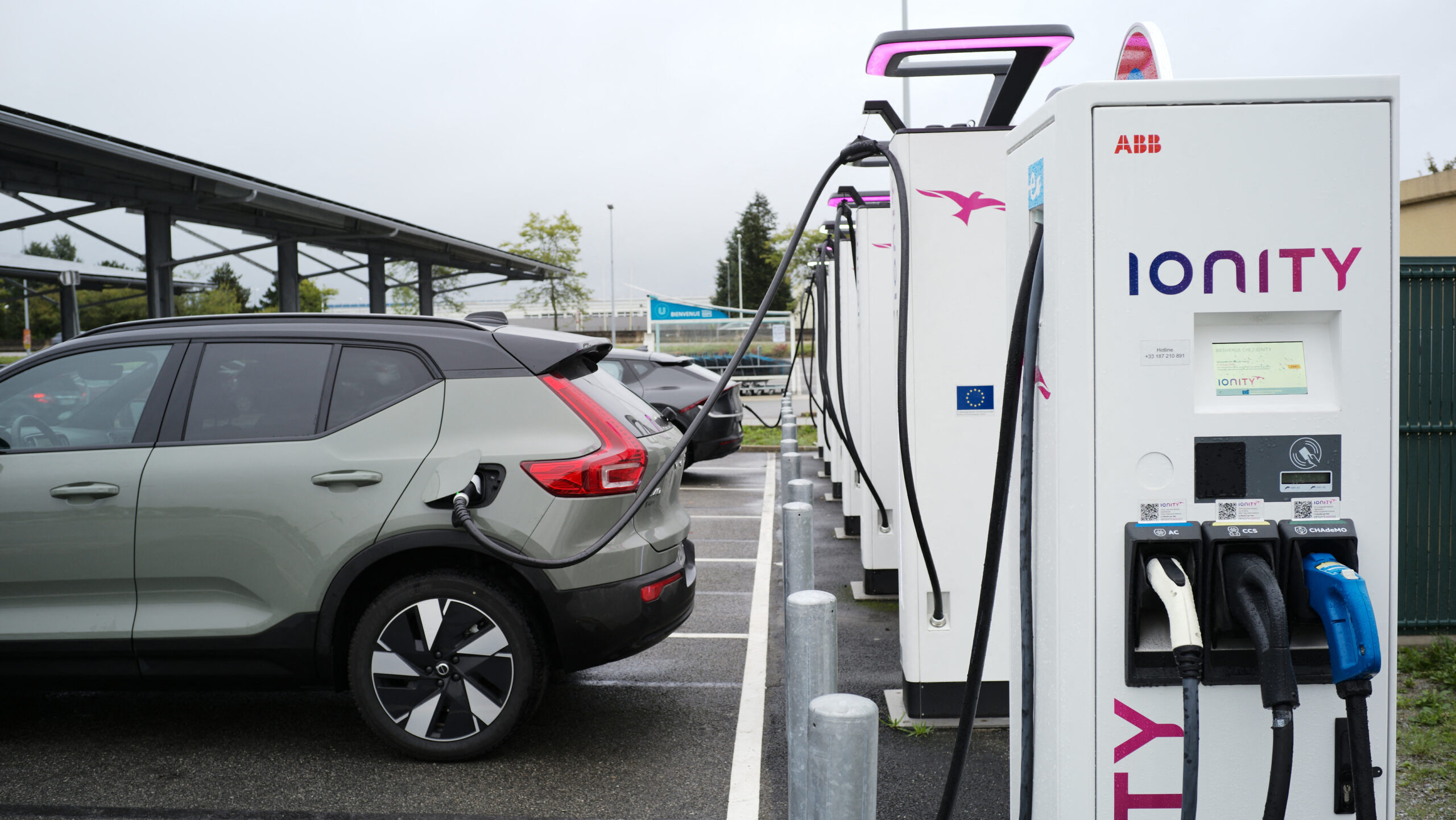The European Union’s industrial strategy prioritizes the green and digital transformation of the automotive industry. On 9 September Gergely Fábián, State Secretary for Industrial Policy and Technology at the Ministry of National Economy, participated in a high-level roundtable discussion in Brussels. The event, held at the invitation of Thierry Breton, European Commissioner for the Internal Market, focused on monitoring the transition to zero-emission vehicles and assessing its progress, Magyar Nemzet reported.
The article recalls that the European Union has set two important target dates: by 2035, cars, vans, and city buses must be CO2–free, while by 2040, heavy goods vehicles (HGVs) will be produced with 90 per cent zero emissions.
During the Brussels meeting, particular emphasis was placed on key factors such as affordability, the importance of developing charging infrastructure, expanding the capacity of the electricity grid, and ensuring the availability of batteries and critical raw materials.
The development of charging infrastructure for electric vehicles, especially in areas outside the trans-European transport network, is crucial to facilitating a smooth transition. A lack of infrastructure and adequate coverage is currently hampering the growth in demand for electric vehicles. The roundtable discussion also addressed the current state of the automotive industry, which faces the challenge of increasing demand for electric cars to meet climate neutrality targets, while also maintaining its global competitiveness.
‘A lack of infrastructure and adequate coverage is currently hampering the growth in demand for electric vehicles’
Recommended actions included improving affordability, further expanding charging infrastructure, increasing electricity grid capacity, expanding worker retraining programs, strengthening the raw materials supply chain, and enhancing policy and financial support for research, innovation, and technological development.
Gergely Fábián pointed out that the Hungarian government considers the automotive industry and battery production as strategic sectors and is committed to ensuring that Hungary stays on track to meet EU targets. He noted that Hungary was the first member state to highlight the need for intervention and to develop a new EU-level action plan to promote electromobility, a need that is further supported by recent industry data and analysis.
The state secretary informed participants that the action plan had been presented at the informal Competitiveness Council meeting in Budapest during the summer, attended by representatives of the Member States and the European Commission. He also underlined the importance of maintaining continuous dialogue to ensure that a European legal framework, known as the EV Act, could be established as soon as possible to support the transition to electric vehicles.
Related articles:







